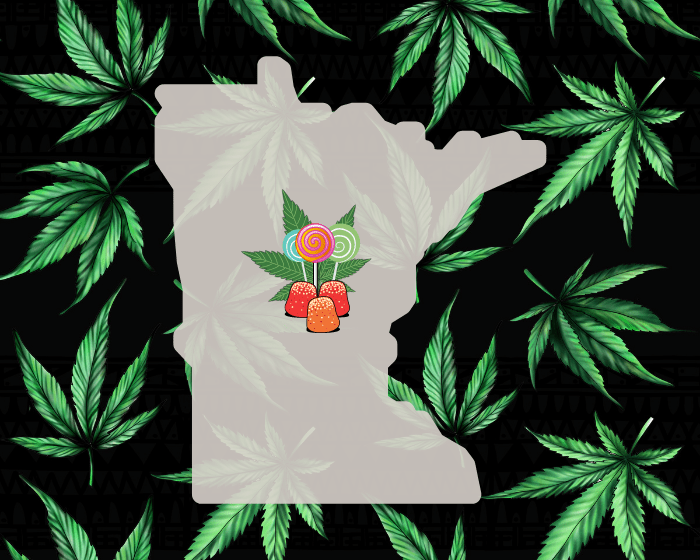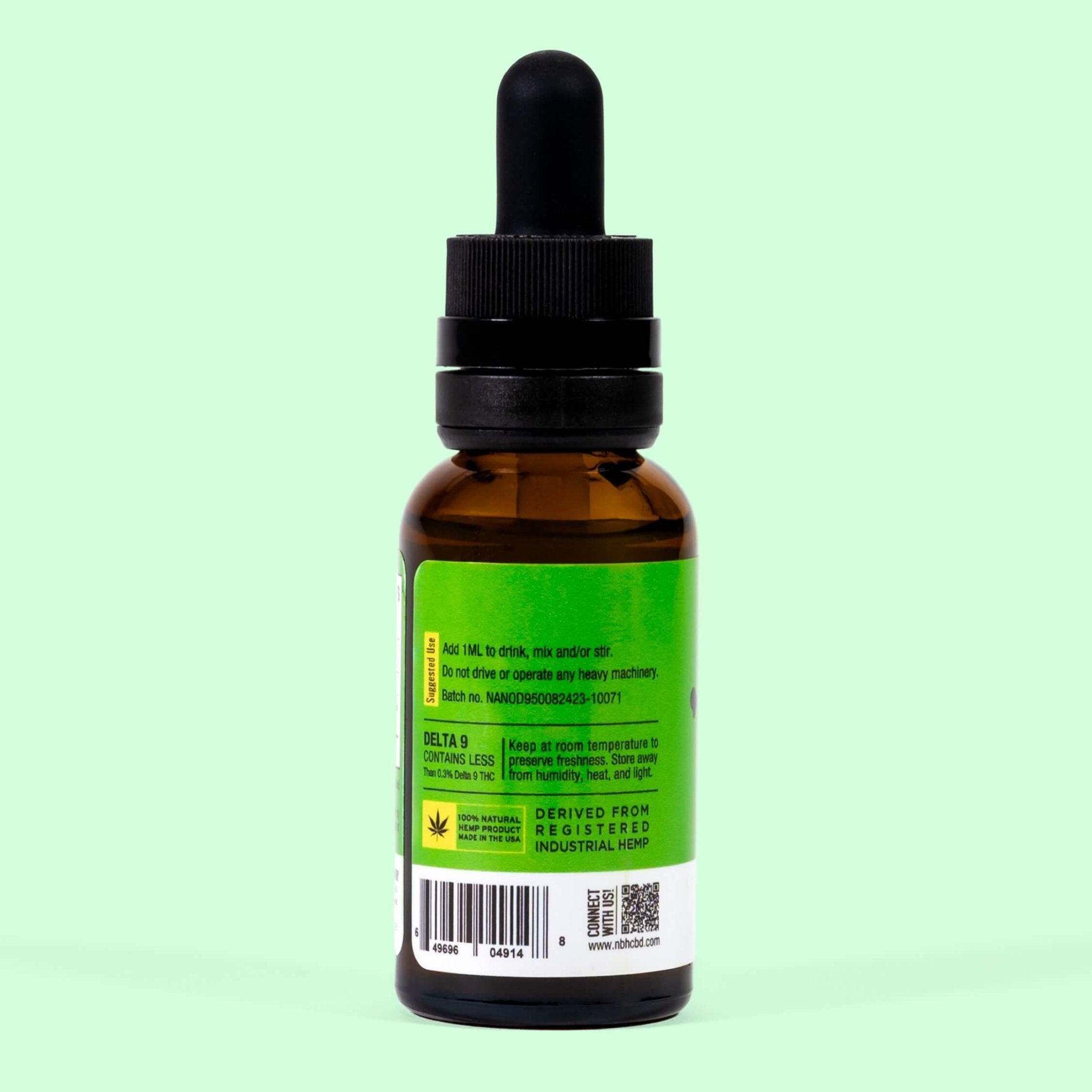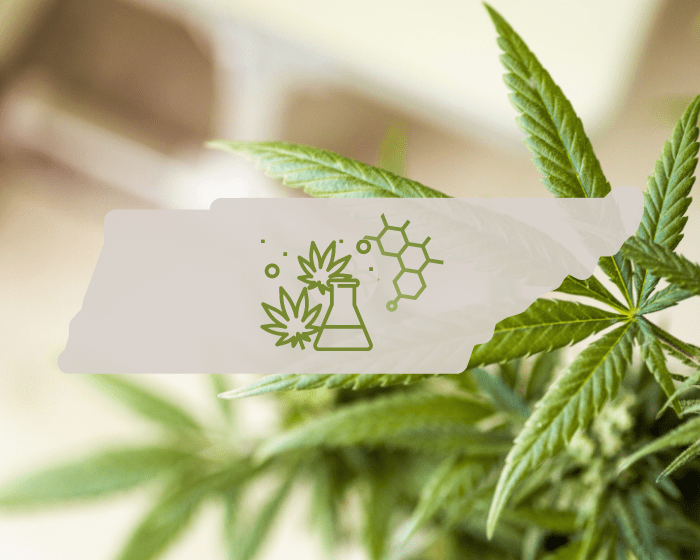
Calling delta-8 THC “illegal,” two Minnesota agencies are writing a bill they say will clarify state laws governing the substance. In their crosshairs: delta-8 and other edible forms of hemp, reports Channel 5 Eyewitness News.
Debate is expected in the coming legislative session.
Wait, What’s Delta-8 THC?
A delta-8 molecule is chemical kin to the most well-known and naturally-abundant tetrahydrocannabinol, delta-9 THC. And like delta-9, it has a psychotropic effect.
How is it legal, you ask? When hemp was legalized by the 2018 Farm Bill, lawmakers put a limit on delta-9 THC specifically — and many states followed with the same verbiage in their legislation.
This created room within federal and state-level rules for THC isomers like delta-8 and delta-10 to remain legal. As long as the delta-9 THC levels are below 0.3%, law enforcement has been reluctant to act as if hemp-derived THC isomers were controlled substances. Notably, this includes the federal Drug Enforcement Agency, which has explicitly stated that only delta-9 THC is currently a controlled substance.
In Minnesota, delta-8 gummies, lollipops and tinctures are available in stores across the state.
But that might be changing.
Changes Coming to Minnesota Rules?
Cody Wiberg, director of the Minnesota Board of Pharmacy, told Eyewitness News his agency is working with the Department of Agriculture to draft a bill that would clarify state laws on hemp byproducts — and specifically on edibles.
Wiberg told the news station that once a manufacturer converts CBD from the hemp plant into delta-8, it becomes an adulterated form of the hemp product and should no longer be protected under hemp laws.
He further pointed out that delta-8 is intoxicating.
"It meets the legal definition of a drug," Wiberg told the station. "And, in Minnesota, drugs are only legal to sell if they are approved by the [federal Food and Drug Administration], if the labeling is approved by the FDA and if the manufacturer is registered with the FDA and licensed by the Board of Pharmacy.”
”It meets the legal definition of a drug. And, in Minnesota, drugs are only legal to sell if they are approved by the FDA, if the labeling is approved by the FDA and if the manufacturer is registered with the FDA and licensed by the Board of Pharmacy.”
— Cody Wiberg, director of the Minnesota Board of Pharmacy
"The laws that we enforce, again, were designed to protect the public from someone who might be making a drug product that could harm someone," Wiberg added. "So, it's a consumer protection law."
Wiberg had previously framed things somewhat differently, telling the Star Tribune his agency was asking the Legislature for policy changes that would create a legal structure for some cannabinoid products. Although it remains unclear which products the agency would like to keep legal, it appears delta-8 is a high priority to nix.
The Minnesota Department of Agriculture seems to be taking a slightly different tack, emphasizing edibility.
"The delta-8 gummies are illegal in Minnesota because any form of THC cannot be in food," the agency said, as reported by Eyewitness News.
"The delta-8 gummies are illegal in Minnesota because any form of THC cannot be in food."
— Minnesota Department of Agriculture
It’s true that the FDA hasn't created a framework for regulating cannabinoids as food or dietary supplements. So while hemp and its derivatives are legal under federal and Minnesota law, the products are sold without government oversight, leaving delta-8 (and even non-psychotropic cannabinoids including CBD) in a regulatory gray area.
Hemp Industry Weighing Its Options
As previously reported by Nothing But Hemp, the Minnesota hemp industry plans to push back against legislation proposed by the Board of Pharmacy and Department of Ag.
Jason Tarasek, an attorney and the founder of Minnesota Cannabis Law, told the Star Tribune industry leaders are proposing their own legislative solutions and weighing whether to take the issue to court.
The Minnesota Cannabis Association said it’s “considering options to save Minnesota farmers and Minnesota businesses that sell CBD/hemp derived products.”
According to Eyewitness News, “debate on delta-8 is expected to come up at the state Capitol once the 2022 legislative session begins at the end of the month.”








































